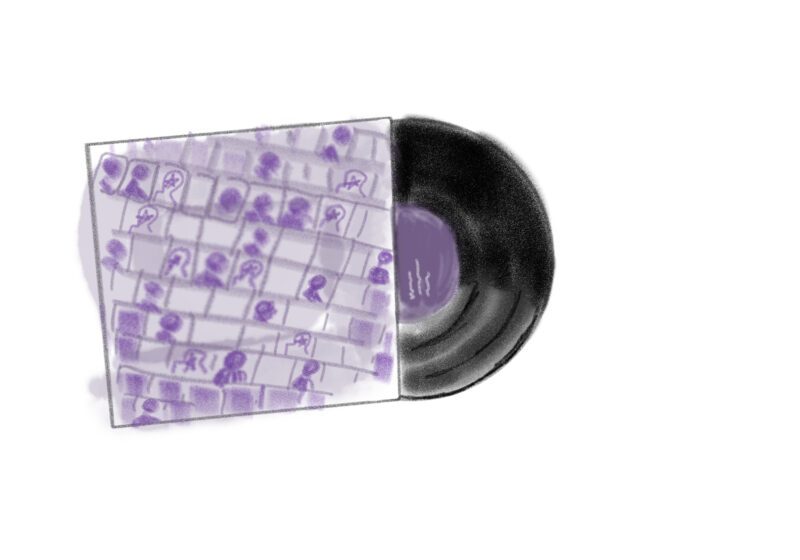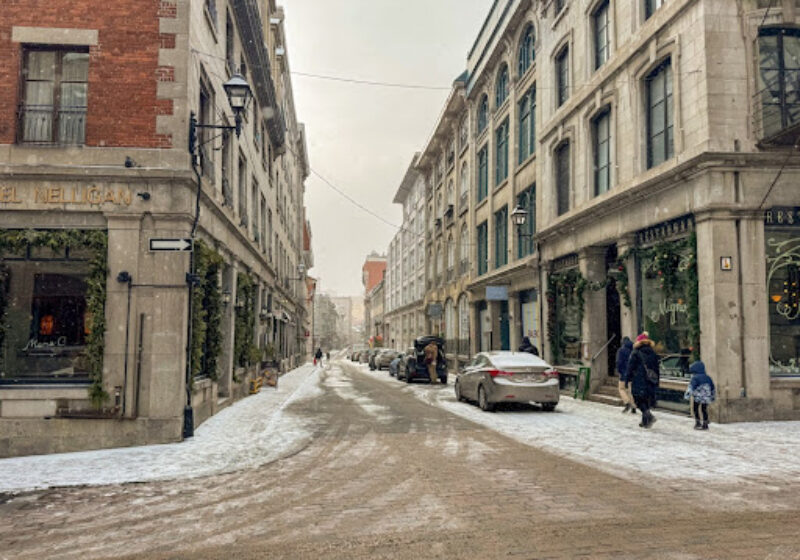When he needs to prove a point during a lesson, piano professor Thomas Schumacher sits behind one of the two pianos in his studio.
He?s also sat behind pianos in the Kennedy Center, Alice Tully Hall, Carnegie Hall and Tokyo?s Bunka Kaikan Hall. He has played all over the United States, Canada, Europe and Asia, and worked with such orchestras as the New York Philharmonic, Los Angeles Philharmonic, Warsaw Philharmonic and Tokyo Philharmonic.
This Tuesday, Schumacher will sit behind a piano in Eastman?s Kilbourn Hall and give a world-class performance of Clementi, Scriabin, Brahms and Rachmaninoff free of charge.
?It?s going to be good,? said freshman Laura Jeon, a piano performance major and student of Schumacher?s. ?He has a lot of enthusiasm and a great ear for details.?
Schumacher began his piano studies at an early age in Montana. He then studied with Robert Goldsand at the Manhattan School of Music before continuing at the Juilliard School of Music. At Juilliard, he studied with big-name teachers Beveridge Webster and Adele Marcus.
Schumacher worked hard to receive numerous accolades during his college years. He was awarded the Harold Bauer Award, Alan Wardwell Scholarship and Juilliard Alumni Scholarship, among others.
American composer David Diamond asked Schumacher to solo in the world premiere of his piano concerto after Schumacher?s prizewinning success in the 1962 Busoni International Piano Competition. Schumacher was invited to play Diamond?s work at the Lincoln Center after he performed for and impressed legendary conductor Leonard Bernstein.
Schumacher has since enjoyed a colorful teaching career while also performing, writing for various publications and recording his music.
From 1969 to 1995, Schumacher taught at the University of Maryland. In 1998, Schumacher visited China to lecture and teach in five cities. He has been invited to teach at the music conservatory in Shenyang in 2002 and will travel to Taiwan to perform and teach in May, 2001.
Schumacher may be a hot commodity, but he?s making time ? eagerly ? to share his stuff at Eastman?s Kilbourn Hall.
These days, Schumacher teaches inside and out of his studio on the second floor of Eastman. His upcoming concert is especially anticipated by his students.
?His playing stimulates me emotionally and intellectually,? said sophomore piano performance major Kenji Takeda. ?I?m definitely going.?
Equally, if not more excited about the upcoming concert is Schumacher himself.
I had a chance to talk to him recently in his studio about the music on the program.
?The recital is full of connections,? Schumacher said.
Both Clementi and Scriabin were pioneers in piano composition. ?Scriabin developed the piano sound,? Schumacher explained. ?He became obsessed with the scintillating properties of the instrument. He was the first mystic to write for the piano.?
Rachmaninoff, a countryman of Scriabin?s, transcribed several works for the piano. Schumacher will play Rachmaninoff transcriptions of a Tchaikovsky lullaby, a Bizet orchestra suite and a melody of violinist Fritz Kreisler.
He will also play seven Brahms pieces. ?The pieces run the gamut of Brahms? early years to his late years,? Schumacher said.
Kilbourn Hall will ring with the beautiful music Tuesday.



